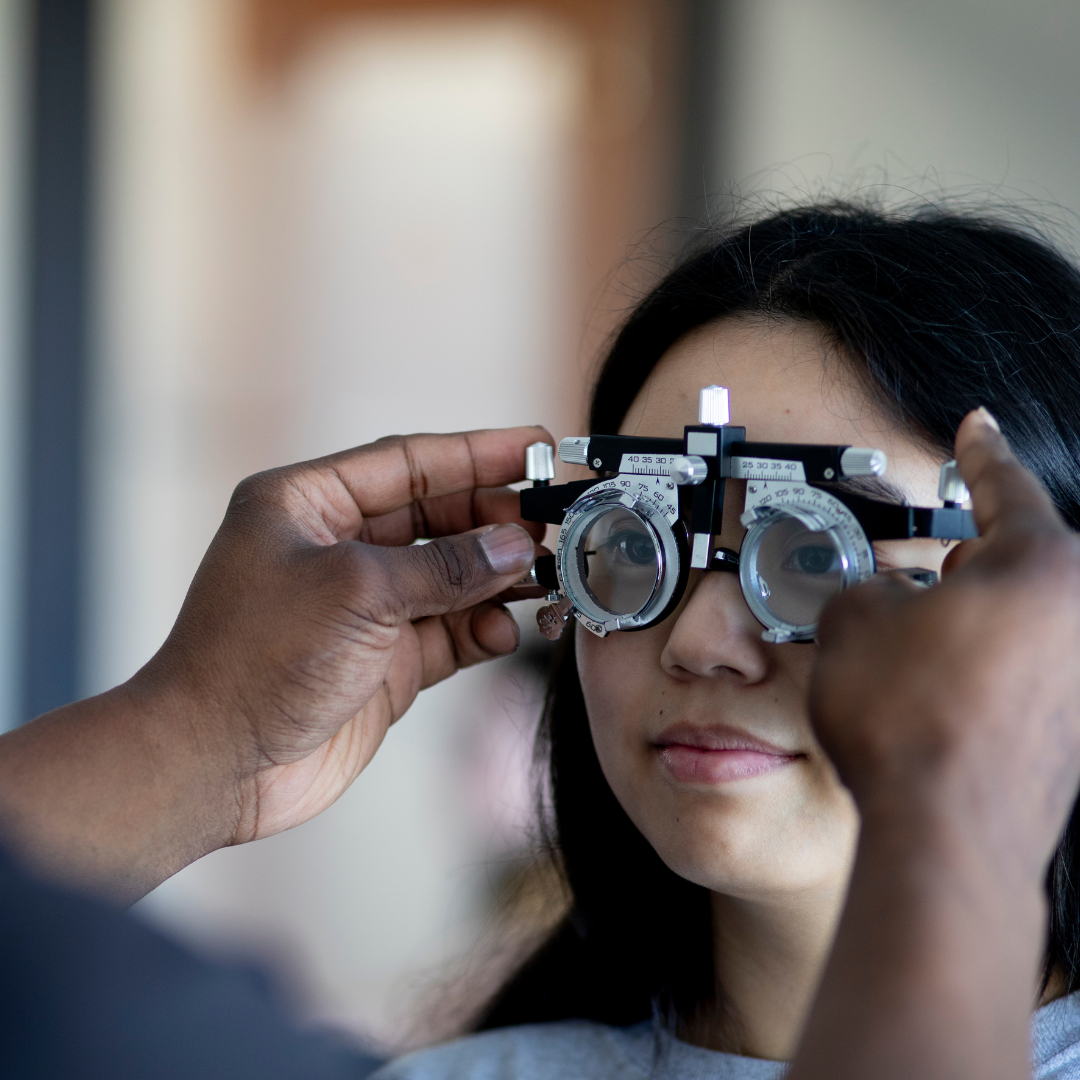Protecting Eyesight This Summer
As summer is fast approaching, it is important to know how to protect your vision during summer’s outdoor activities. With warmer weather and longer hours of sun exposure, learning how to minimize exposure for good eye health during those hot days could help minimize damage to your eyes.
Different ways ultraviolet (UV) light affects eyesight:
 Several eye diseases and conditions can be caused or aggravated by both long-term and short-term exposure to UV radiation. This can harm the eyes, affect vision and compromise overall eye health.
Several eye diseases and conditions can be caused or aggravated by both long-term and short-term exposure to UV radiation. This can harm the eyes, affect vision and compromise overall eye health.
- Macular Degeneration - Extended exposure to UV light increases your risk of developing macular degeneration.
- Cataracts - UV light increases your risk for certain types of cataracts.
- Pterygium - Often called “surfer's eye,” is a pink, non-cancerous growth that forms on the layer of conjunctiva over the white of your eye. UV light from the sun is believed to be a factor in the development of these growths.
- Skin Cancer - In and around the eyelid is also linked to prolonged UV exposure.
- Photokeratitis - Is the result of high short-term exposure to UV rays. Long hours at the beach or skiing without proper eye protection can cause this problem. It can be very painful and may cause temporary vision loss.
How to minimize UV exposure to your eyes:
- Wear a wide-brimmed hat along with your sunglasses.
- Wear SPF 50 sunscreen and remember to apply around the eyes.
- Sunlight is strongest midday to early afternoon, at higher altitudes and when reflected off of water, ice or snow.
- Sunglasses lenses should have 100 percent UV protection and should have a contoured frame with wide temple arms.
- Avoid tanning beds which pose the same risks to your eyes and body as outdoor UV light.
For any concerns regarding UV exposure to your eyes this summer, experts at The Eye Institute (TEI) can offer a comprehensive array of services related to assessing the overall health of your eyes. For more information or to book an appointment, call 215.276.6111 or visit here.